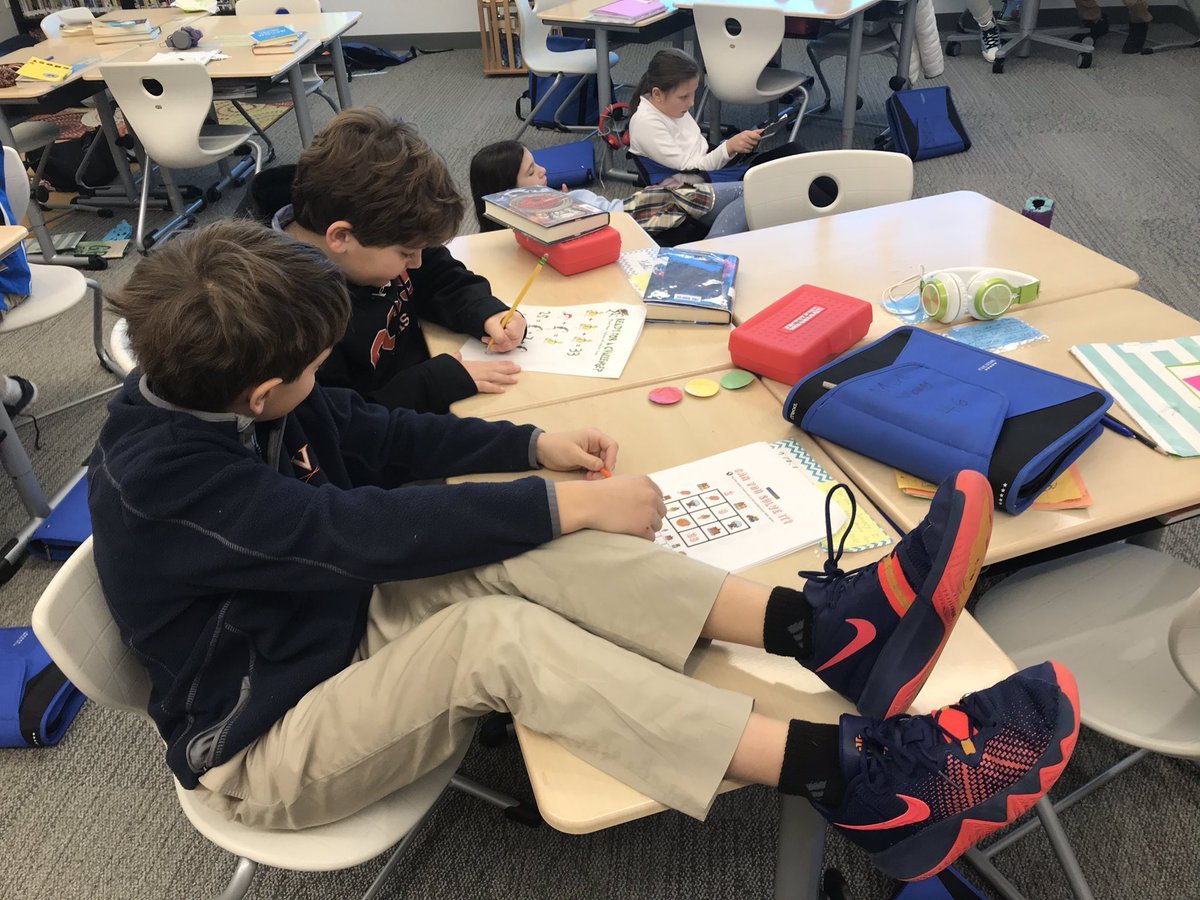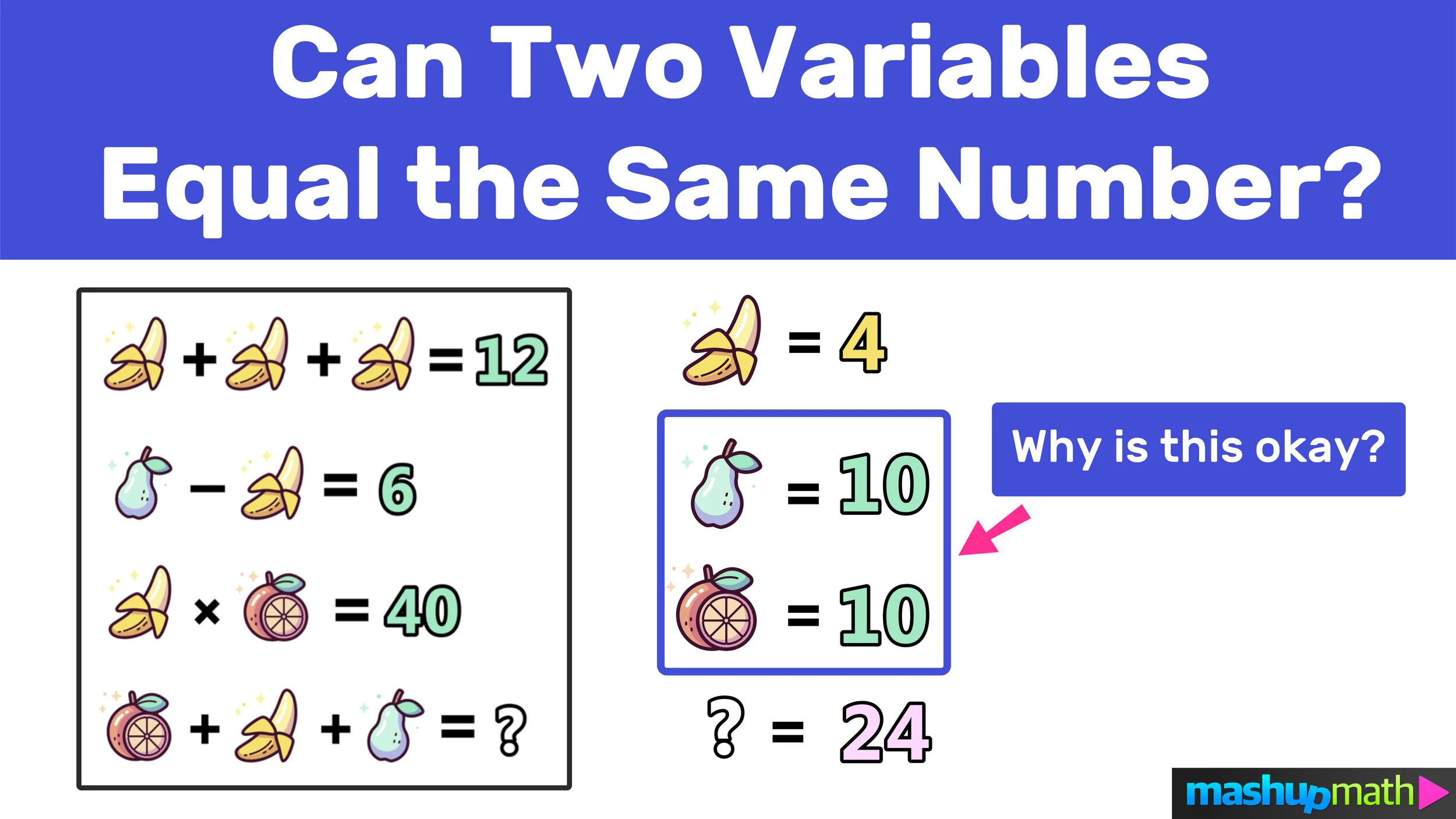Margie Pearse shares her expertise on teaching numeracy, learning from failure, and how to prevent unrecognized students from falling through the cracks.
Margie Pearse has over thirty years of teaching experience with certifications in mathematics, elementary education, and ESL. She presently works as a math coach/curriculum head and numeracy specialist, college instructor, and trainer of pre-service teachers on how to create effective numeracy based lessons.
Margie is also a contributor to Edutopia and is the author of Teaching Numeracy: 9 Critical Habits to Ignite Mathematical Thinking and Passing the Mathematics Test for Teachers.
You can connect with Margie on Twitter: @pearse_margie
Questions and Answers
Question #1:
What grades do you currently teach (or what is your current role)? And approximately how many years of experience do you have in math education?
Answer:
I am currently a math coach/curriculum specialist and I have 35 years of teaching experience in math.
Question #2: In the last five years, what new belief, behavior, teaching habit has most improved your teaching?
Answer:
I was greatly influenced by The Formative 5. I taught in a district that was committed to infusing literacy strategies across content areas, so assessing BDA style in math was something I was very familiar with, but The Formative 5 took the idea of checking for understanding throughout a lesson one step further. I knew there were certain points in each lesson where understanding was critical to moving forward, but I couldn’t put my finger on it until the idea of a hinge point was introduced in the book and that was revolutionary to me.
Question #3: If you were designing a mandatory 2-week course that every student has to take on mastering one single math topic, which topic would you choose and why?
Answer:
It would be about fractions—I think they can be the most misunderstood. When talking with students about fractions, I hear explanations that just don’t make good number sense and I hear them a little too consistently. For example, I still hear middle schools students say that 1/8 is greater than ¼ because 8 is greater than 4. Ugh!
“I took a risk, I failed, I dug in, learned as much as I could and found a home as a math coach and curriculum specialist. I am better because of it.”
Question #4: What purchase of $50 or less has most positively impacted your teaching in recent memory?
Answer:
The top 14 books that absolutely changed my math world:
1. 5 Practices for Orchestrating Productive Mathematics Discussions
2. Principles to Actions: Ensuring Mathematical Success for All
3. Number Talks: Whole Number Computation, Grades K-5
4. Number Sense Routines: Building Numerical Literacy Every Day in Grades K-3
5. Choral Counting & Counting Collections: Transforming the PreK-5 Math Classroom
6. Children's Mathematics, Second Edition: Cognitively Guided Instruction
7. How Children Learn Number Concepts: A Guide to the Critical Learning Phases
8. The Formative 5: Everyday Assessment Techniques for Every Math Classroom
9. Putting the Practices Into Action: Implementing the Common Core Standards for Mathematical Practice, K-8
10. Talk Moves: A Teacher's Guide for Using Classroom Discussions in Math, Grades K-6
11. Becoming the Math Teacher You Wish You'd Had: Ideas and Strategies from Vibrant Classrooms
12. Motivated: Designing Math Classrooms Where Students Want to Join In
13. Powerful Problem Solving: Activities for Sense Making with the Mathematical Practices
14. Good Questions for Math Teaching: Why Ask Them and What to Ask, K-6
Question #5: As an educator, how has a failure, or apparent failure, set you up for later success? Do you have a “favorite failure” of yours?
Answer:
At one point, I was pursued by a consulting company to join them. I decided to leave the classroom and join their company, but it just wasn’t a fit for me. I was away too much and didn’t feel comfortable presenting things that were not my own. I felt like a failure and really missed my family, students and colleagues. I had to be strong and move forward, pushing myself to learn more, be better and find a way to still live my dream of making math accessible to all children.
It took courage to quit and start from scratch. I took a risk, I failed, I dug in, learned as much as I could and found a home as a math coach and curriculum specialist. I am better because of it.
“Learn and try something new every month. Let your students in on the fact that you are doing that and ask their opinions about everything you try. Use their feedback and try it again.”
Question #6: If you could have a gigantic billboard anywhere with anything on it — metaphorically speaking, getting a message out to millions or billions — what would it say and why? It could be a few words or a paragraph.
Answer: I have a few:
“I don't teach math for a living I do it for fun.”
“Be brave. Even if you’re not, pretend to be”.
“Play is exactly what mathematicians do.”
Question #7: What is one book that every teacher should read?
Answer: I can’t pick just one. I’d say start with the 14 math-changing books from question 4.
Question #8: What advice would you give to a smart, driven first-year teacher about to enter the classroom? What advice should they ignore?
Answer: Stay connected, you are not in this alone.
Get to know your students – academically, socially, and emotionally.
Appreciate different kinds of colleagues, students, parents. We all have a story.
Watch your words, they are powerful.
Stay positive, surround yourself with positive people. Naysayers are toxic, stay away from them.
Learn and try something new every month. Let your students in on the fact that you are doing that and ask their opinions about everything you try. Use their feedback and try it again.
Some things will fail, but it’s not the end of the world.
Laugh a lot. We just can’t take ourselves too seriously.
Stay humble. My Dad always told us as kids, “Never be over-impressed with your own importance.”
Be kind whenever possible.
Give people the benefit of the doubt.
Listen to what is spoken and what is often unspoken.
Be present
Look out for the students who sometimes feel invisible. They won’t misbehave, they are not the most popular, and they probably don’t get recognized as being the smartest, most athletic, or most musical. But they are gems. If you don’t realize one particular student was absent, that may be the student you need to get to know more. (My daughter lived this. She finished High School a semester early and then went back to see teachers, but they never realized she had already graduated. She was heartbroken that no one knew she was no longer there.)
Question #9: What is one message that you would like to share with all of your students’ parents and caretakers?
Answer: Everyone can be good at math. There is no such thing as a math gene. Everyone can enjoy math as long as they are willing to take risks, welcome a good challenge, and insist that math makes sense, wonder how ideas in math connect, know that making mistakes is okay, find time to play and discover more about numbers, and believe they can succeed with effort.
Question #10: When you feel overwhelmed or unfocused, or have lost your focus temporarily, what do you do?
I immediately go back to research. I reach out to my amazing Twitter Personal Learning Network (PLN). They encourage me, challenge me, and support me with all my math wonderings.
Closing and Takeaways
I want to thank Margie for taking the time to complete this interview and share her expertise with both myself and everyone reading. Whether you are a pre-service math teacher or have 10+ years of experience, there are plenty of helpful takeaways from this interview.
Here are my 3 main takeaways:
Takeaway #1: Effective teachers are highly skilled in formatively assessing their students and they rely on using research-backed strategies.
Takeaway #2: We all experience failure at some point, but these moments are often what sparks our personal growth and allow us to become better educators.
Takeaway #3: It’s easy to overlook the quiet students who sometimes feel invisible, because they’re not always the loudest or most recognized, but these students are vulnerable to falling through the cracks. Teachers have tremendous power to make a difference in these students lives by being attentive and building meaningful relationships that give them a sense of belonging.
You can gain more insights from Margie by reading her books (available on Amazon) and her posts on Edutopia, including What Would Happen If Students Assigned Their Own Math Homework? and Non-Math Essentials for Learning Math.
Interview By: Anthony Persico
Anthony is the lead educator and founder of Mashup Math. He lives in Denver, Colorado and is also a YouTube for Education partner. Follow him on Twitter at @mashupmath.










